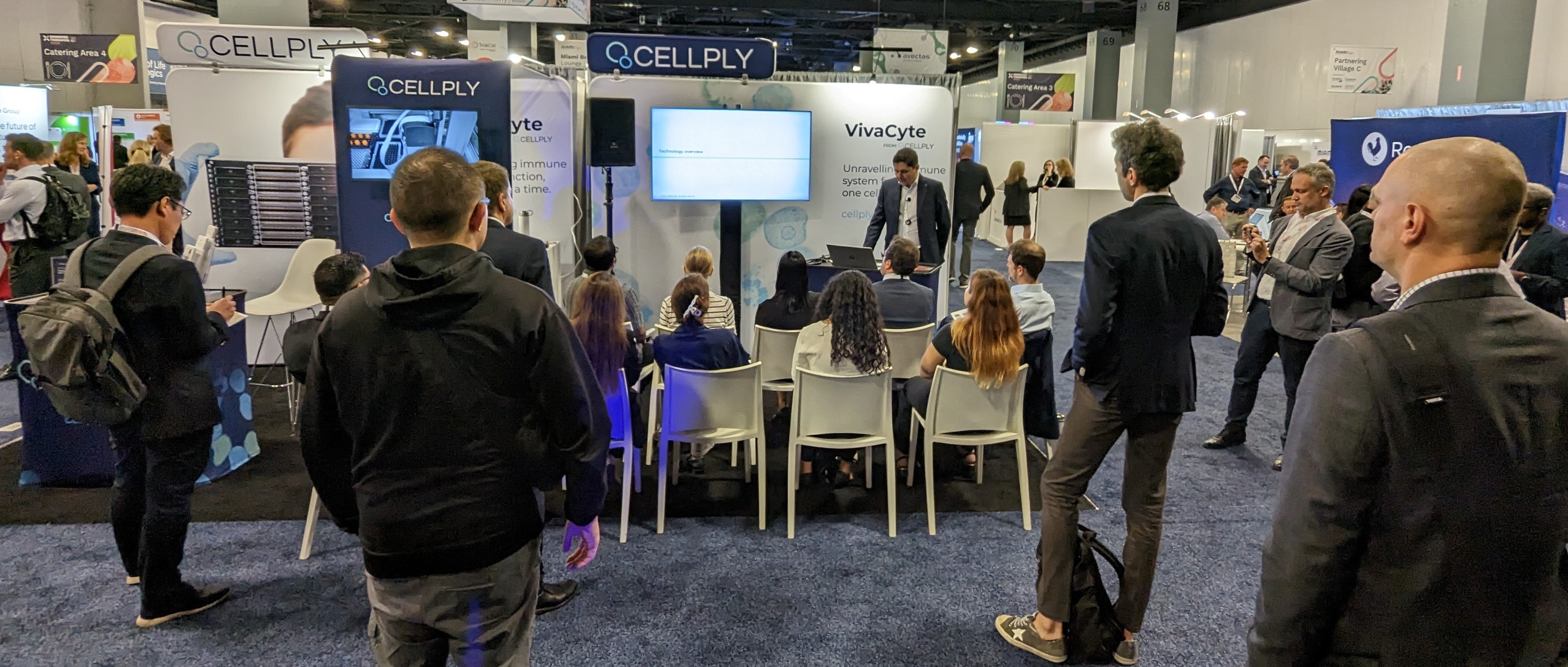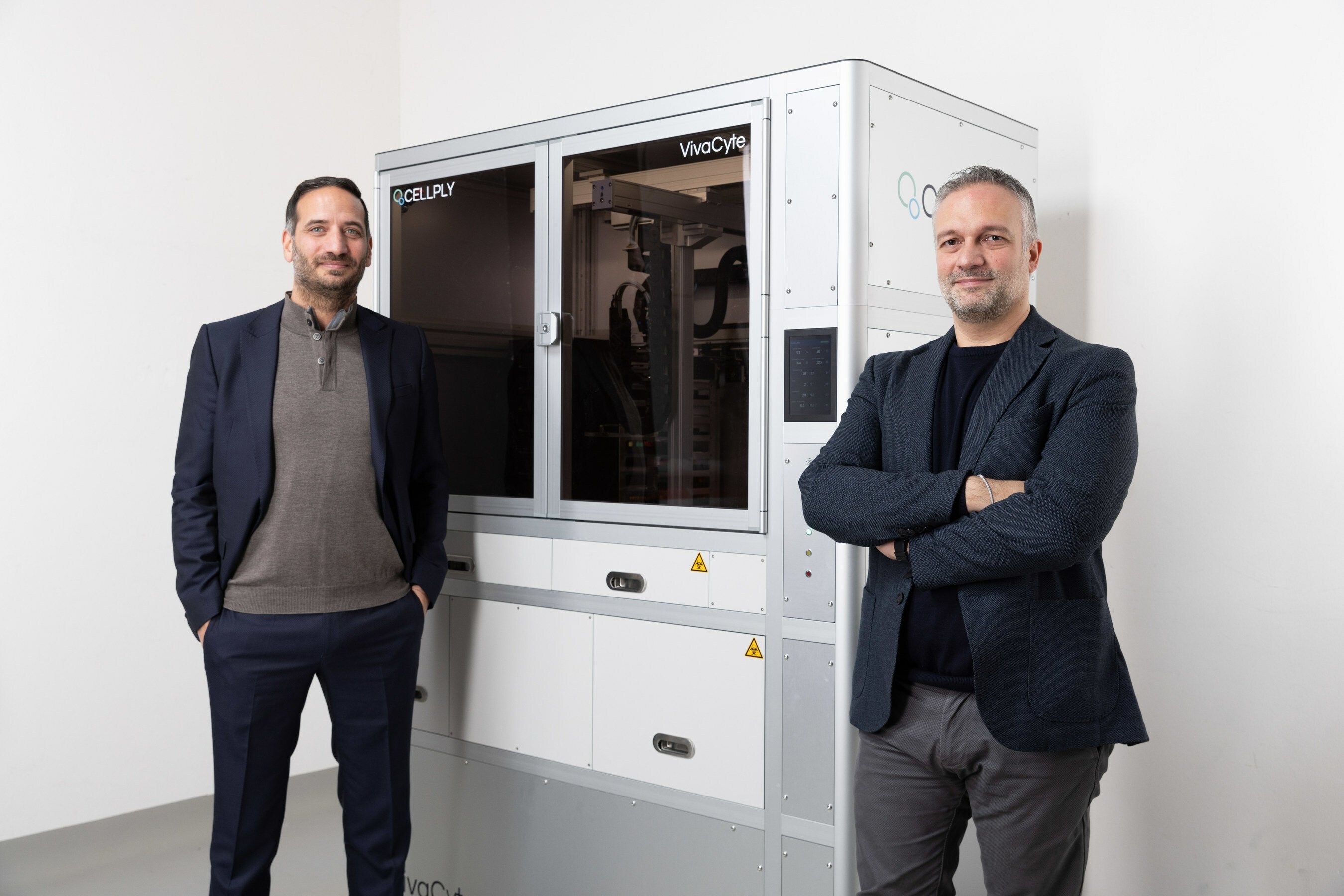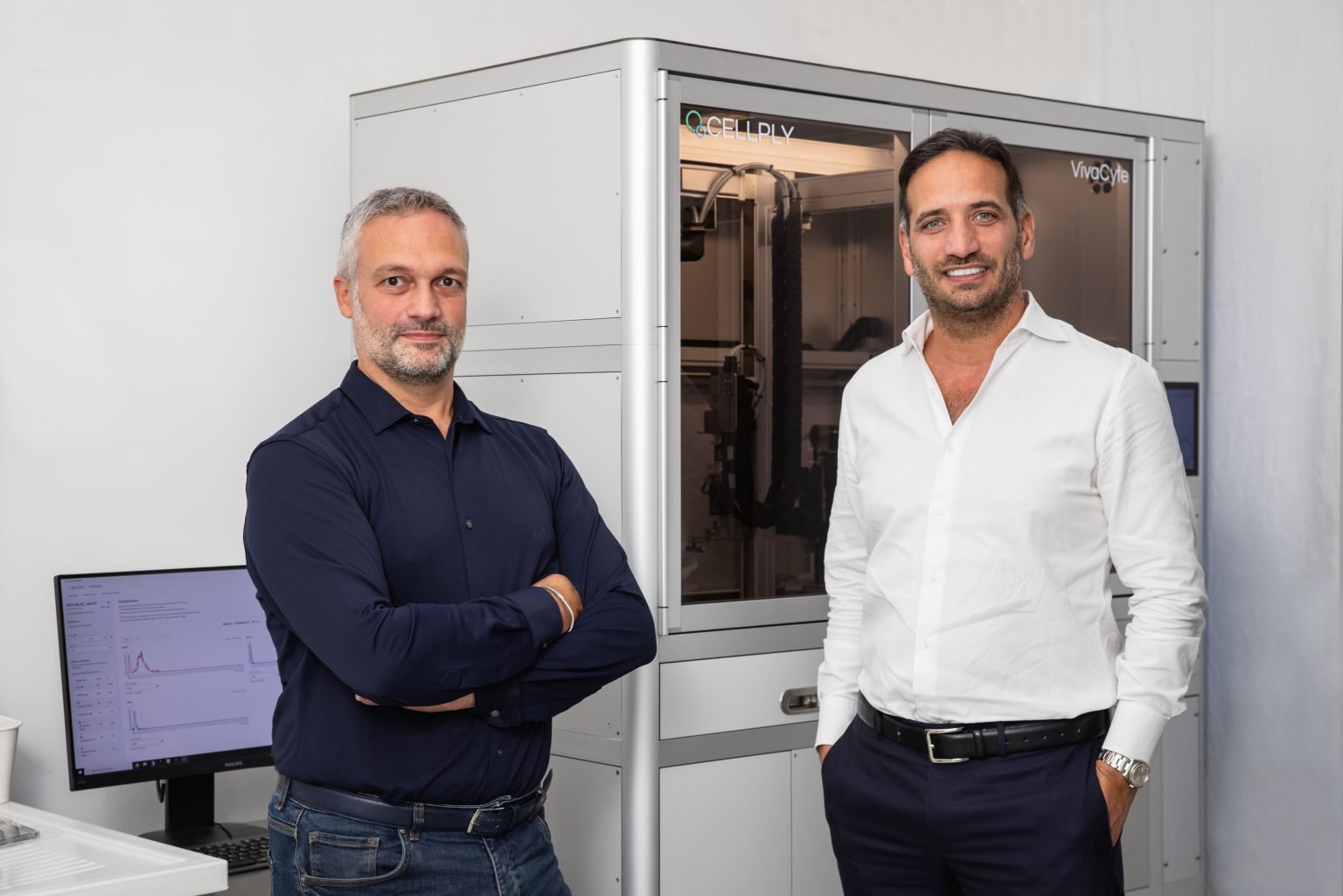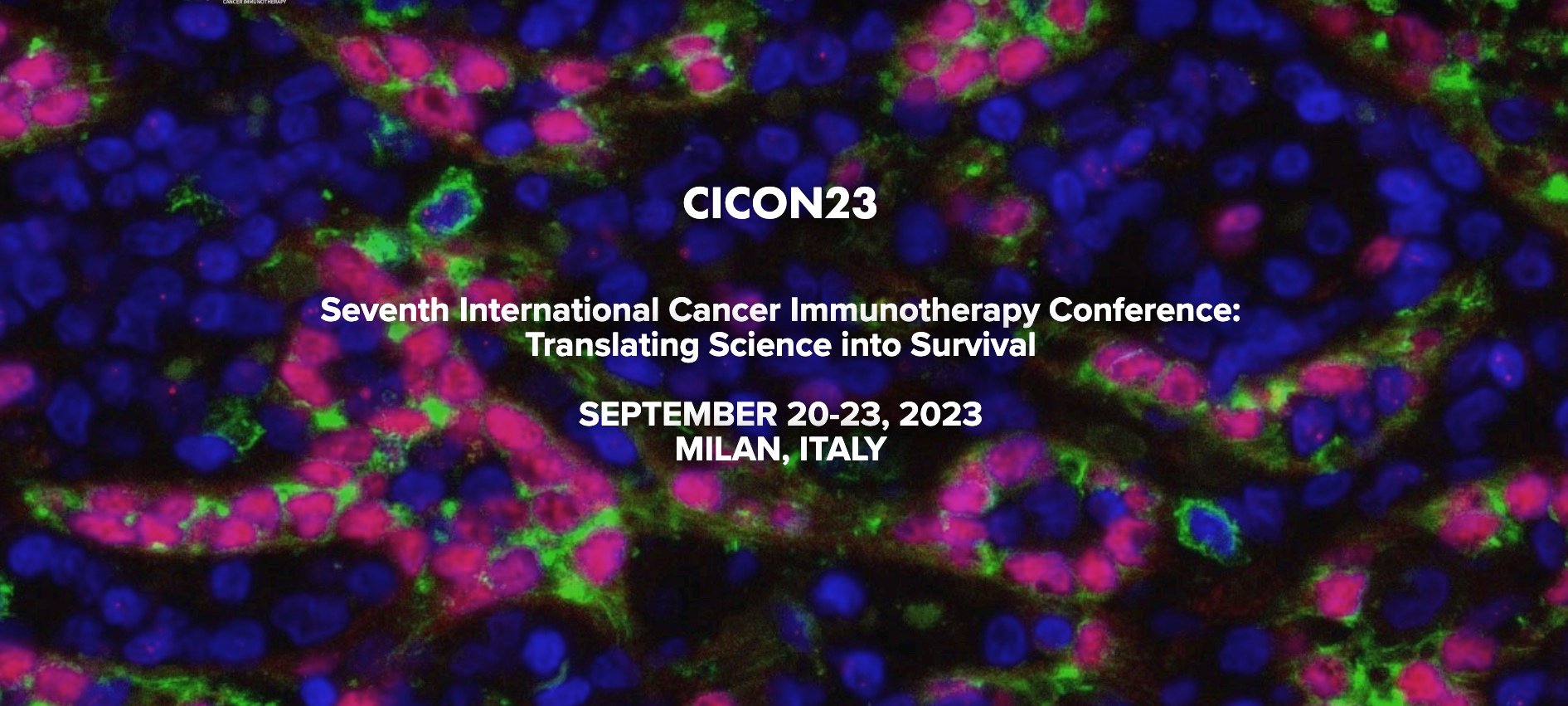
Nature Biotechnology publishes research from DKFZ and Cellply highlighting novel approach for accelerating cellular immunotherapy development
Nature Biotechnology publishes research from DKFZ and Cellply highlighting novel approach for accelerating cellular immunotherapy development
- Novel Machine Learning classifier, predicTCR, accelerates development of cellular immunotherapies
- Unique scale of in-depth T cell characterization data from VivaCyte used to inform its development
BOLOGNA, Italy, 19 March 2024 – Making a personalized T cell therapy for cancer patients is a complex process that currently takes around six months, with the first three dedicated to the laborious task of identifying tumor-reactive T cell receptors. A research team from the German Cancer Research Center (DKFZ) and the University Medical Center Mannheim, led by Prof Dr Michael Platten, Head of Department and Director of the Department of Neurology, and Dr Ed Green, team leader at the DKFZ, has shown that this step can be replaced with a machine learning classifier, predicTCR, effectively halving the time required.
Crucial to validating this innovative machine learning approach was the availability of large amounts of high-quality T cell characterization data. As users of VivaCyte, they understood the capability of the system to provide such in-depth data at scale.
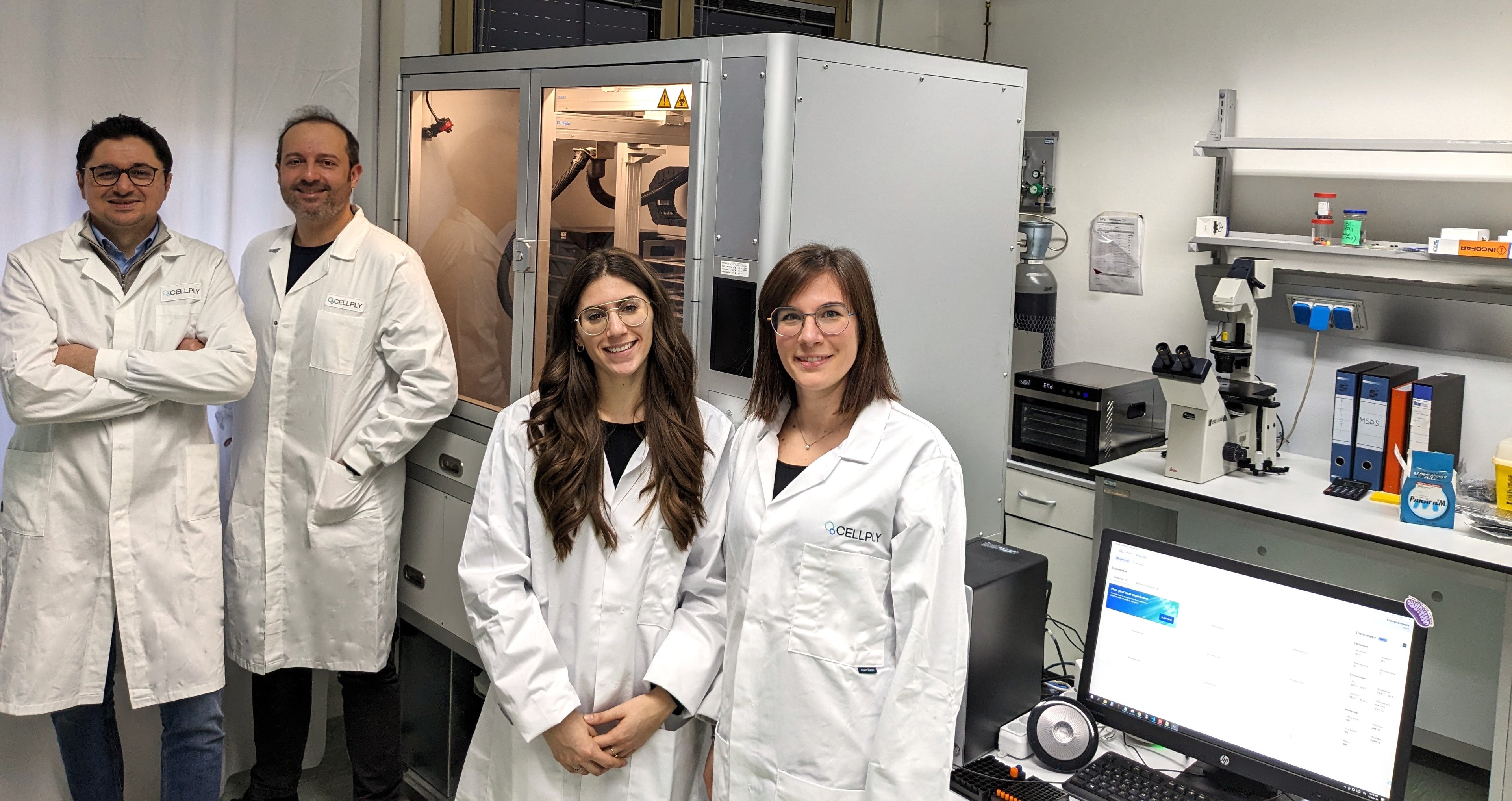
DKFZ and Cellply collaborated to rapidly develop a bespoke assay to support this novel research. Working together, the resulting application proved to be a success. Experimental data enabled unbiased accurate ranking of TCR reactivity based on functional analysis. This ranking was shown to directly correlate with the computationally predicted tumor-reactivity of TCR clonotypes derived from melanoma metastases. The team was able to incorporate the corresponding VivaCyte data into their Nature Biotechnology paper Prediction of tumor-reactive T cell receptors from scRNA-seq data for personalized T cell therapy | Nature Biotechnology.
“While we spend valuable time searching a patient’s tumor-infiltrating T cells (TILs) for those can recognize tumor-specific mutations and thus kill tumor cells, the tumor is constantly mutating and spreading, making this a race against time,” commented Dr Ed Green, DKFZ and co-study head, “ With the volume of in-depth single-cell level data we had available using VivaCyte, we were able to simultaneously confirm the reactivity of multiple candidates and confirm the utility of predicTCR.”
Emiliano Spagnolo, CEO of Cellply, added, “We are proud to have collaborated with Michael Platten, Ed Green, and team, to support their innovative approach. We are thrilled that VivaCyte was able to rapidly deliver the depth of experimental functional analysis data they required.”
Researchers at DKFZ were supported by Cellply’s field applications specialist Dr. Francesco Imperatore and members of the development team including Dr Andrea Faenza, CTO, Alice Bettelli and Alice Morellini.











